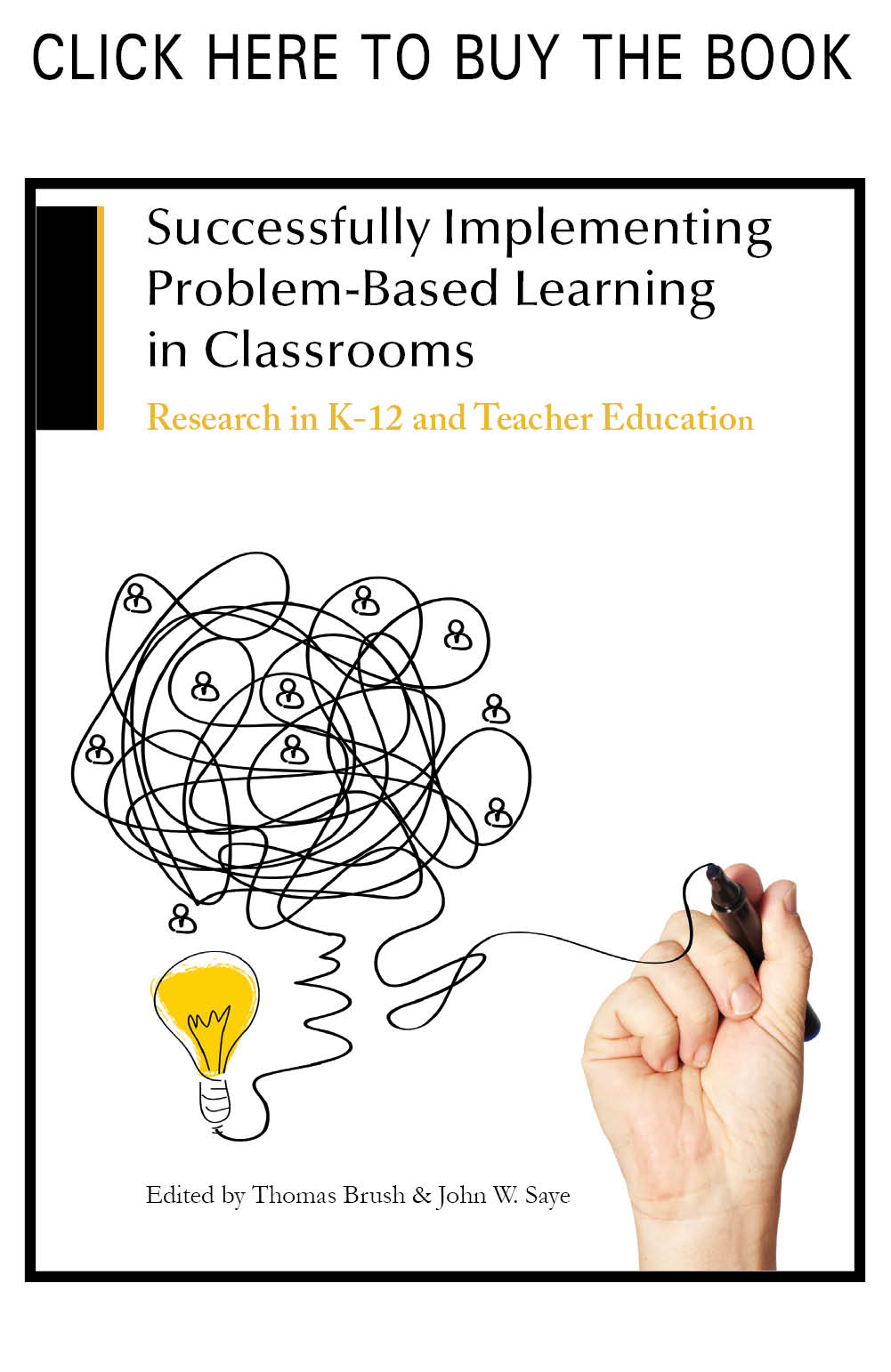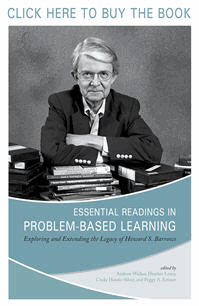Abstract
One of the goals for problem-based learning (PBL) is to promote self-regulation. Although self-regulation has been studied extensively, its interrelationships with ill-structured problem solving have been unclear. In order to clarify the interrelationships, this article proposes a conceptual framework illustrating the iterative processes among problem-solving stages (i.e., problem representation and solution generation) and self-regulation phases (i.e., planning, execution, and reflection). The dynamics of the interrelationships are further illustrated with three ill-structured problem-solving examples in different domains (i.e., information problem solving, historical inquiry, and science inquiry). The proposed framework contributes to research and practice by providing a new lens to examine self-regulation in ill-structured problem solving and offering guidelines to design effective tools and strategies to scaffold and assess PBL.
Recommended Citation
Ge, X.
,
Law, V.
,
&
Huang, K.
(2016). Detangling the Interrelationships Between Self-Regulation and Ill-Structured Problem Solving in Problem-Based Learning. Interdisciplinary Journal of Problem-Based Learning, 10(2).
Available at: https://doi.org/10.7771/1541-5015.1622
Included in
Architecture Commons, Arts and Humanities Commons, Education Commons, Engineering Commons, Law Commons, Life Sciences Commons, Medicine and Health Sciences Commons, Physical Sciences and Mathematics Commons, Social and Behavioral Sciences Commons




